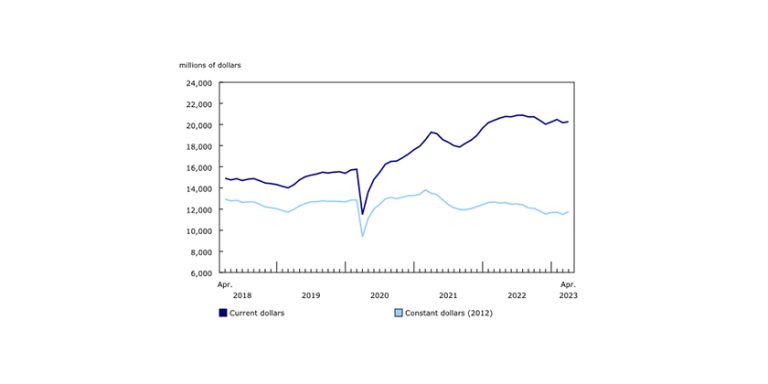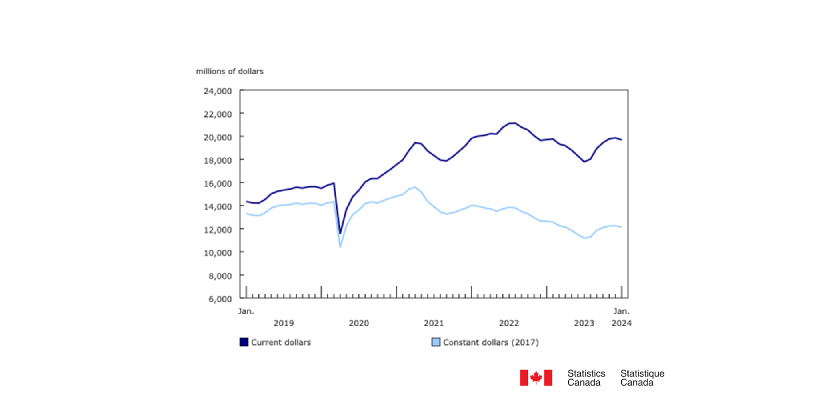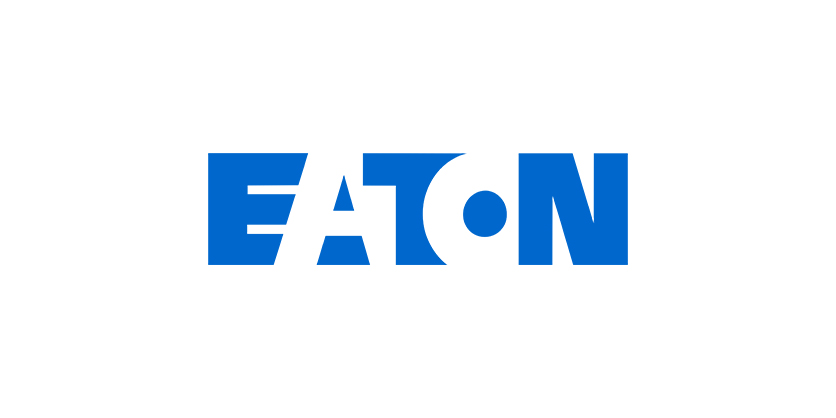Trying to Implement the UN Sustainable Development Goals? CSA Group’s Standards Can Help
June 23, 2022
For industry organizations and governments looking to implement the United Nations Sustainable Development Goals (UN SDGs), finding credible tools to support these efforts can be challenging. CSA Group’s report titled Enabling Sustainable Development through Standards highlights the important role that Canada’s national standards and codes can play in helping to realize the 2030 Agenda for Sustainable Development and provides a replicable mapping methodology that links the use of standards to the SDGs.
The new report is the output of a multi-disciplinary research project initiated by CSA Group, funded partly by the Sustainable Development Goals Funding Program managed by Employment and Social Development Canada. The aim of the research was to provide standards users with critical, reliable, and transparent information on how CSA Group standards connect to the SDGs and how the application of specific standards can assist them in achieving their goals and ultimately the SDGs.
Since finalizing the methodology, CSA Group continues to map its new published national standards to the UN SDGs at the target level. Findings demonstrate that a significant percentage of standards link to UN SDGs, with CSA Group’s strongest contributions towards the following four:
- #7 Affordable and Clean Energy
- #9 Industry, Innovation & Infrastructure
- #11 Sustainable Cities and Communities
- #13 Climate Action
By demonstrating the linkages between CSA Group standards and the UN SDGs, CSA Group aims to strengthen the confidence in standards as an instrument supporting the SDG-related objectives and goals of industry and government.
“With many organizations already applying CSA Group standards and codes in their day-to-day operations, we see considerable potential for accredited standards to play an integral role in achieving the SDGs,” says Michael Leering, Director, Business and Environmental Excellence, CSA Group. “CSA Group is proud to have led this foundational exercise, and are looking forward to future collaboration with governments and other standards development organizations to ensure that current and future standards are developed in a way that supports the achievement of important sustainability goals.”
Development of a consistent mapping methodology stemmed from a preliminary assessment of over one-thousand CSA Group national standards, a process initiated in early 2020. Encouraged by this positive outcome, CSA Group collaborated with a team of researchers from the University of Guelph, Niagara College, and the Toronto Metropolitan University (formerly Ryerson University) to develop the replicable methodology.
In September 2015, Canada and all other United Nations (UN) General Assembly member countries adopted the 2030 Agenda for Sustainable Development. The Agenda outlines 17 Sustainable Development Goals (SDGs) aiming to “achieve a better and more sustainable future for all people and the world by 2030.” Outlining specific targets and indicators for each SDG, the 2030 Agenda provides a framework guiding responsible global economic, environmental, social, and governance development.
In addition to the report, CSA Group has launched an informative searchable database illustrating how and where CSA Group standards support specific UN SDG targets and indicators achievement.
Visit CSA Group’s website to learn more about Standards and the UN Sustainable Development Goals, download the final report and review a series of spotlight stories and recorded webinars illustrating the mapping process and how organizations can use standards to support their SDG objectives.










![Guide to the Canadian Electrical Code, Part 1[i], 26th Edition – A Road Map: Section 10 – Grounding and Bonding](https://electricalindustry.ca/wp-content/uploads/2022/11/Guide-CE-Code-2.png)





